Filter by
Case studies (150)
RSS
Transport planning in the Canton of Basel-Stadt in Switzerland impressed the jury of the European SUMP Award: The jury named Basel as a finalist in the 7th SUMP Award to recognise how Basel emphasises multimodality in sustainable urban mobility planning.

While the construction of cycle lanes is often considered to be the main infrastructure measure to promote cycling, the Dutch experience shows that providing accessible and numerous bicycle parking facilities at public transport hubs, such as railway stations, is crucial in fostering multimodality.
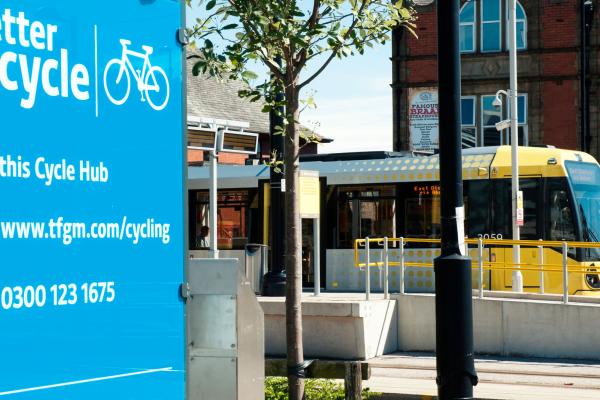
Greater Manchester was recently awarded the 7th Award for Sustainable Urban Mobility Planning (SUMP Award), which focused on multimodality, during the European Sustainable Mobility Award Ceremony held in Brussels on 21 March 2019.

Public authorities, transport operators, civil society organisations and other public and private sector stakeholder in Greater Lyon have been successfully improving accessibility addressing it as a cross-cutting issue and investing substantially in creating a barrier-free and inclusive environment.
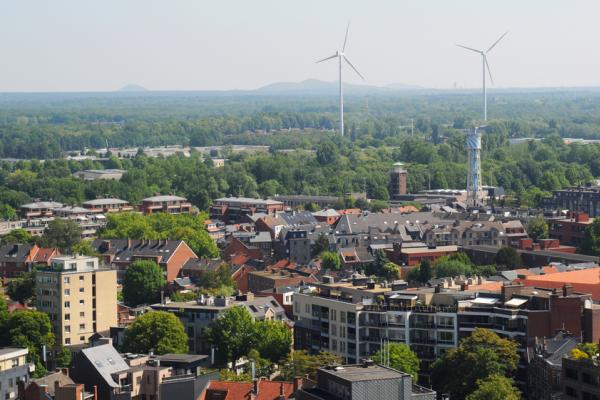
The Belgian cities of Hasselt and Genk have developed a combined Sustainable Urban Mobility Plan (SUMP), championing the notion that ‘mobility does not stop at the borders of a municipality’. The neighbouring cities worked together to design the SUMP.
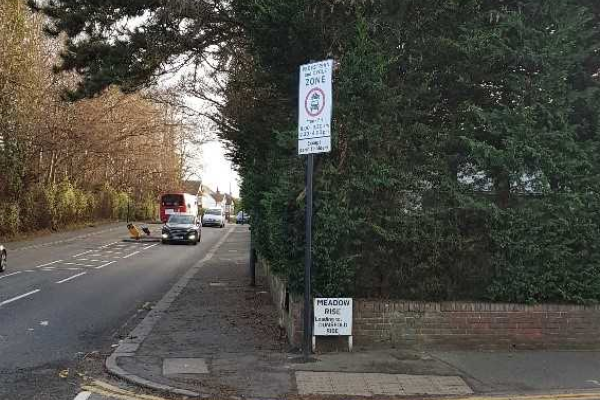
In London, Croydon has trialled street closures in front of three schools in the past year. These trials have proved successful, so the borough is now planning to expand the initiative to three more schools before September 2019, and then to a five further schools in 2020.

From the early 2000s, the City of Koprivnica in Croatia has had a history of implementing successful plans and actions to improve sustainable mobility. Indeed, in 2007, it won the prestigious European Mobility Week Award.

This case study forms the third and final instalment of a miniseries of Eltis case studies drawn from the DG MOVE cycling guidance, providing insights into actions taken by cities of varying scales, locations and cycling modal share.

This case study focuses on the key success factors for implementing cycling measures in a climber city, drawing on the example of Burgas in Bulgaria.

GD MOVE has produced guidance to support the design and implementation of cycling projects in the Member States. Águeda in Portugal represents a starter city within the guidance, with a growing commitment to sustainable urban mobility.
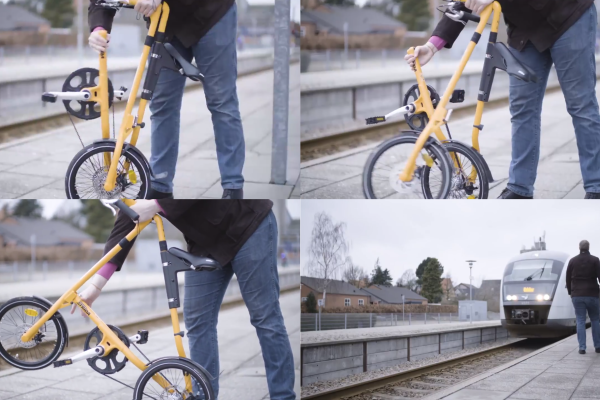
From 2014 to 2017, the City of Aarhus in Denmark ran the Smart Mobility project, which consisted of 22 mobility management pilot projects. Their evaluation has delivered a wealth of knowledge and expertise on how to influence people to commute differently.

The Municipality of Padova, in collaboration with the Municipalities of the Padova Metropolitan Conference, commissioned the preparation of a SUMP to cover the Municipality of Padova with its 210 401 inhabitants and the surrounding 19 municipalities.

Electric Vehicles everywhere for everyone: Investing in charging stations in suburban areas to improve uptake and unlock the EV market in Lille Metropole. Lille Metropole is a large, predominantly rural administrative district made up of a dispersed population.

Several European cities have made a concerted effort to champion accessibility for those with reduced mobility. The cities of Chester (UK), Viborg (Denmark) and Luxembourg City (Luxembourg) have all taken noticeable steps in recent years to pioneer accessibility.
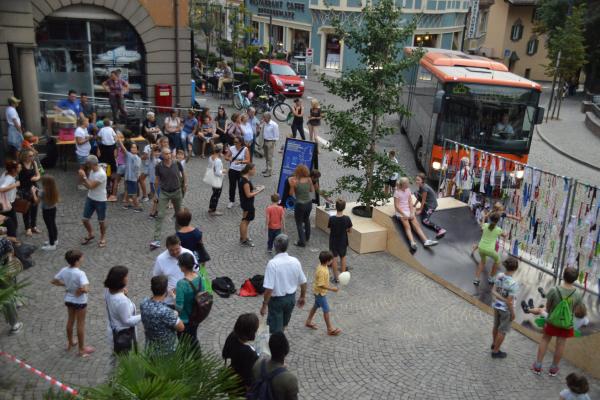
Within the framework of the Horizon2020 METAMORPHOSIS project, the municipality of Merano/Meran decided to engage children and local inhabitants in several participatory workshops to co-create possible solutions for more people-oriented public space.

Eight municipalities in the region of North Limburg in The Netherlands have come together to develop and implement a Sustainable Urban Mobility Plan (SUMP). Using a collaborative approach, they have attempted to tackle mobility challenges in a polycentric region
In the last decade, Slovenia has established itself as a forerunner in sustainable urban mobility planning. With European Union and national support, 70 cities developed Sustainable Urban Mobility Plans (SUMPs) between 2015 and 2017.

In May 2018, Valencia hosted a series of events on cycling and public space called València Ciutat Amable (‘Friendly City Valencia’). The title reflects the city’s strategy on public space, which should be accessible to all modes of transport and all walks of life.
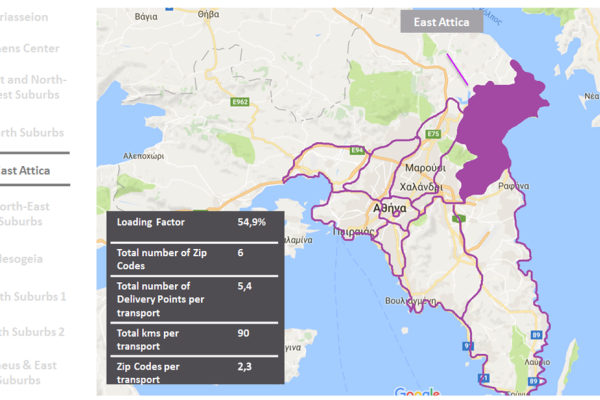
Population growth, congestion and environmental damage alongside increased use of home delivery services are challenging the traditional methods of freight urban logistics.

This case study provides information about EUROPEANMOBILITYWEEK, an initiative that runs annually throughout Europe. The EUROPEANMOBILITYWEEK Campaign continues to gain traction with participation levels in 2018 exceeding previous levels for the third year in a row.
